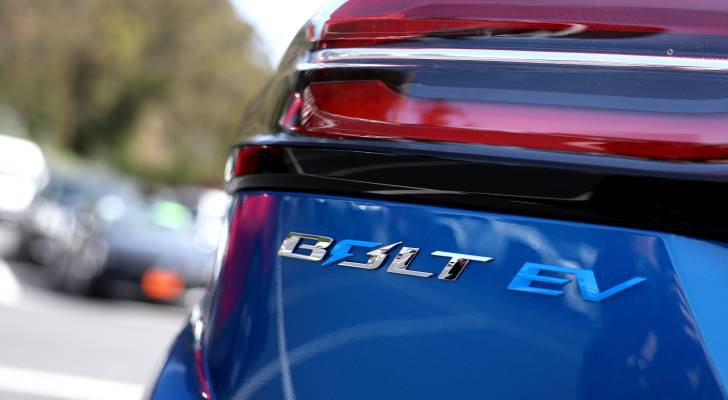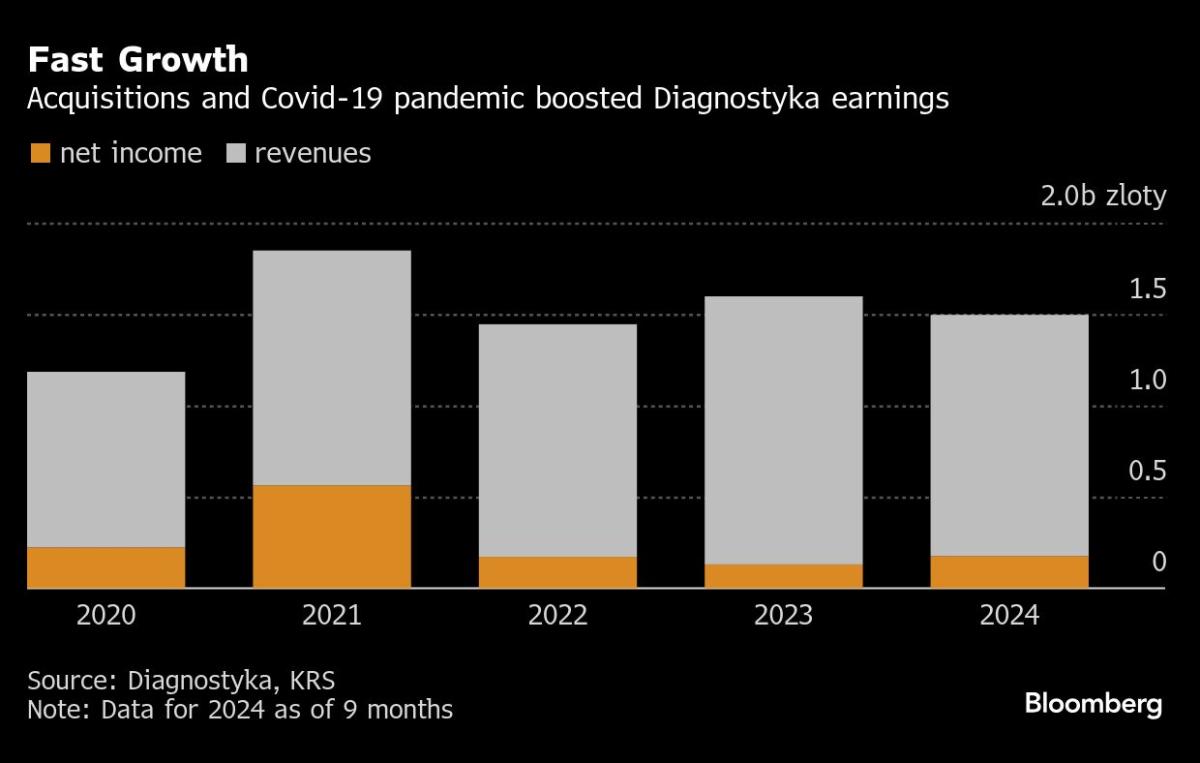If a person owes more on a car than it’s worth, they have negative equity or are considered underwater on their auto loan. Equity for vehicles equals trade-in value minus the loan balance.
Let’s say your mother, 61, still owes $30,000 on a 2018 Chevrolet Bolt, but it’s only worth $13,750. She wouldn’t be alone in this situation. Around 24.2% of trade-ins going toward new vehicles had negative equity in the third quarter of 2024, according to Edmunds. The average amount of negative equity was a whopping $6,485, while 22% of those who traded with negative equity owed more than $10,000.
It’s a tough spot to be in, but the good news is she has some options. The bad news is none of them are great.
So, can your mom get out of this mess? Here’s what she needs to know.
There are a few reasons why people end up owing more than their car’s value.
One big one is that vehicles depreciate or decline in value very quickly, especially if they’re new. Most new autos lose about 20% of their value in the first year and are often worth only about 40% after five years, according to Kelley Blue Book. So, unless a driver makes at least a 20% down payment or pays off a good chunk of the loan quickly, they may end up with negative equity.
The cost of used cars can also affect equity. Used vehicles prices dropped 6.2% year over year in the third quarter of 2024, Edmunds reports, which means drivers are losing value in their autos at a faster pace.
Some people also stretch out their loan repayment schedule to make monthly payments cheaper. But the longer the payoff time, the greater the chance a loan balance won’t decrease as fast as the car’s value does.
All of these factors can add up to a situation where there’s a very real possibility that if someone borrows money to buy a car, they’re going to end up with a loan balance that’s bigger than what they could sell the car for — and that can be a problem.
Read more: I’m 49 years old and have nothing saved for retirement — what should I do? Don’t panic. Here are 3 of the easiest ways you can catch up (and fast)




